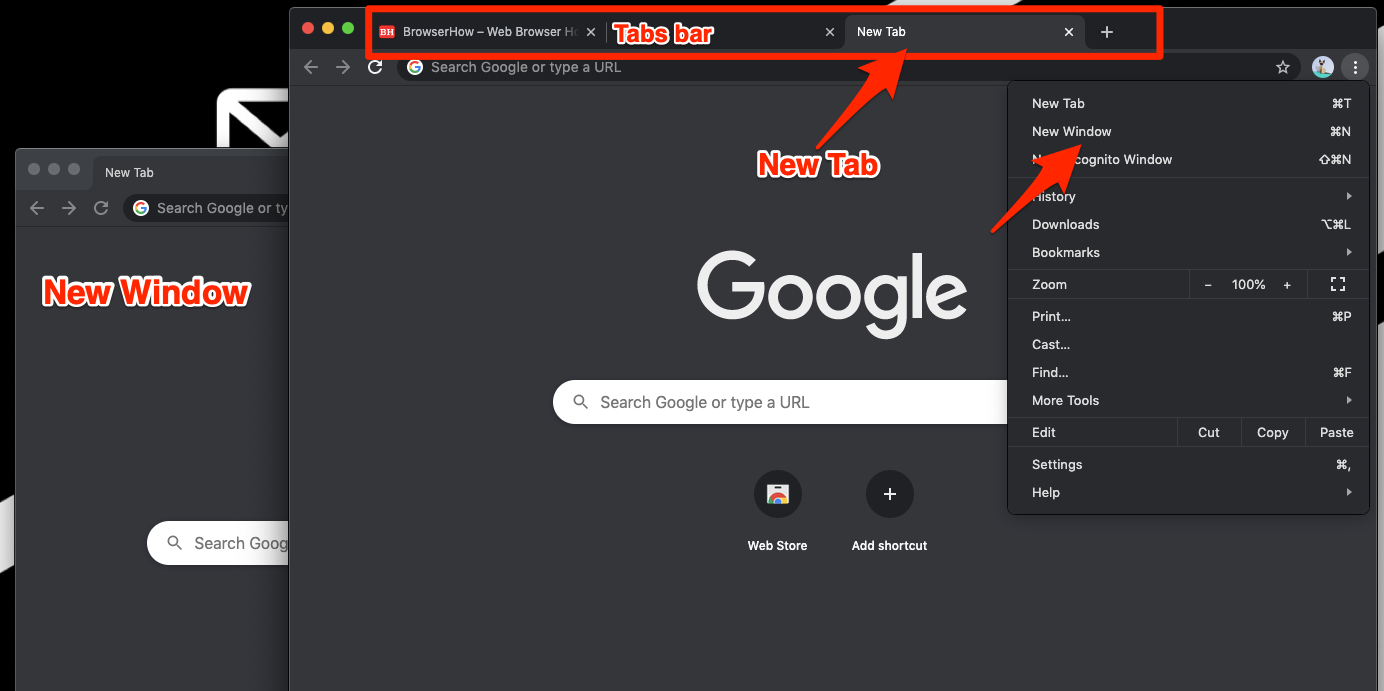

- Is internet explorer or chrome more intensive on cpu install#
- Is internet explorer or chrome more intensive on cpu windows#
Theoretically, that means that Edge could gain more browser extensions than Chrome over time, but Chrome’s popularity makes the Chrome Store a common target for developers.Įdge also offers a Read Aloud feature that will read everything on a webpage in a pleasant voice.
Is internet explorer or chrome more intensive on cpu install#
So far, we haven’t run into an extension that won’t install and run on Edge without issue.
Is internet explorer or chrome more intensive on cpu windows#
You can add Edge extensions from the Windows Store, which has a more limited selection and extensions from the Chrome Web Store, although it requires manually accessing it. Editor uses artificial intelligence to keep your writing up to snuff and promises to work well for anyone not willing to shell out cash for a different add-on.Įxtensions are another feature the Microsoft Edge browser and Chrome both offer, although in different ways. Then there’s the Editor, Microsoft’s built-in answer to writing assistants like Grammarly. You can easily access those groups by clicking on a collection, bringing you back to a particular working state quickly and easily. For example, there is Edge Collections, which lets you group similar webpages and name them. Although most modern browsers offer the same essential capability, that’s a nice feature in its own right.Įdge also has some features that Chrome doesn’t. Just install Microsoft’s new browser, accept the offer to sync over your passwords, bookmarks, addresses, and more from Chrome, and you’re off to the races. Making the switch from the Chrome browser to Edge is simple enough in terms of features. If you’re someone who’s bothered by how much of a memory-hog Google Chrome browser has become, Microsoft Edge is the clear winner in this regard. Edge used 665MB of RAM with six pages loaded while Chrome used 1.4GB - that’s a meaningful difference, especially on systems with limited memory. Chrome used to be known for how little RAM was used, but these days, it’s become bloated. Microsoft Edge does have one significant performance advantage over Chrome: Memory usage. Granted, Chrome narrowly beats Edge in the Kraken and Jetstream benchmarks, but it’s not enough to recognize in day-to-day use. The similarities continue in performance.

Fortunately, either can be switched at will and is only a temporary nuisance.Įdge and Chrome are both built on the Chromium open-source browser using the Blink rendering engine, and, as such, they’re more similar than they are different. Edge defaults to Microsoft’s Bing, naturally, while Google defaults to Google’s search engine. One noticeable difference, though, is in the default search engine and homepage. In short, if you switch from Chrome to Edge, you’ll notice very little difference in your everyday browsing. Right-click to the right of the tabs, and you’ll see the same tabs menu. Sure, the arrow buttons and other icons on Edge and Chrome look slightly different, but the URL/search bar is mostly the same, and the symbols for extensions and add-ons are in the same place. Many of the old-school design elements of the original Edge browser are gone, replaced with rounder edges and cleaner interfaces. Let’s start with the obvious: How is each for general browsing? Well, in terms of design, both web browsers are almost identical.


 0 kommentar(er)
0 kommentar(er)
